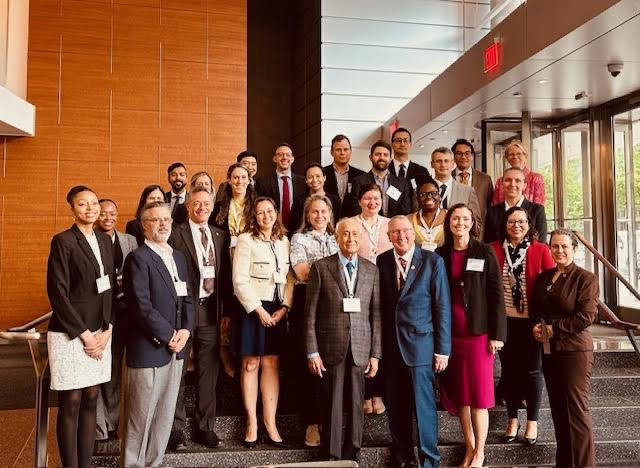On March 16, 2024, the American Board of Urology (ABU) launched the Continuing Urologic Certification (CUC) program, representing the latest evolution in the recertification process, following Maintenance of Certification and Lifelong Learning (LLL). CUC aims to address the evolving needs of urologists and advances in patient care.
Feedback from Diplomates indicated that the 10-year secure knowledge assessment exam was outdated, burdensome, and disruptive. Additionally, the rapid expansion of medical knowledge, especially in urology, rendered a decade-long assessment interval ineffective. Simultaneously, the American Board of Medical Specialties established new standards that involve continuous longitudinal assessment, with certification decisions made at least every 5 years. CUC was developed to meet these standards while maintaining high-quality patient care and reducing the burden on Diplomates.
The CUC shifts ABU diplomates away from a 10-year exam to a formative program that addresses individual knowledge gaps through CME. CUC retains this educational principle within a modern learning environment, eliminating the decade-long exam while maintaining the other LLL activities. These activities are now spread over specific years to facilitate continuous participation and ease the burden on Diplomates.
CUC integrates three key learning elements: Knowledge Exposure (KE), Knowledge Reinforcement (KR), and Knowledge Assessment (KA). These components enhance everyday knowledge and prevent the fatigue associated with repetitive processes, exposing Diplomates to advancements in care and identifying areas for further learning.
Breaking Down the Learning Elements
In the KE portion, Diplomates learn about new advancements in urologic management, care, and treatment. The ABU collaborates with the American Urological Association (AUA) to highlight the most relevant updates from the Journal of Urology, Urology Practice, and AUA Guidelines. KE occurs every other year, requiring the review of eight articles or guidelines (four core and four elective). Each reading activity includes five questions, and an 80% correct response rate is needed to claim elective CME credit, which involves a nominal fee.
KR focuses on reinforcing past knowledge in common urologic care, posing a memory challenge to strengthen retention. KR also occurs biennially, with Diplomates accessing 40 questions (20 core and 20 elective) via the internet from home or work. Diplomates have 18 weeks to complete the questions at their own pace, ideally one per day for maximum benefit. All resources typically used in daily practice, except for consulting others, are allowed.
The KA identifies knowledge gaps. Importantly, diplomates with an average correct rate of around 65% on two successive KR cycles can opt out of the KA exam. The KA exam, structured similarly to the 10-year secure exam, includes 90 questions and is taken at home or work with all resources available except for conferring with others. There is no time limit per question, and Diplomates must complete it in 1 day.
Those who perform below the threshold must complete assigned CME activities in their weak areas within a year.
Diplomates should regularly check their ABU portal for important updates, Board initiatives, and an overview of their status and pending requirements. They will be placed into the appropriate year of CUC to avoid duplicating any activities completed under LLL. The ABU appreciates the contributions of all pilot Diplomates and acknowledges the AUA Office of Education's role in developing KE.
In summary, the CUC program embodies a progressive approach to urologic certification, prioritizing continuous learning and reducing the burdens associated with outdated assessment methods. By aligning certification with modern educational practices and the dynamic nature of medical knowledge, the ABU aims to ensure that Diplomates remain at the forefront of urologic care while maintaining a manageable balance with their professional and personal lives.











